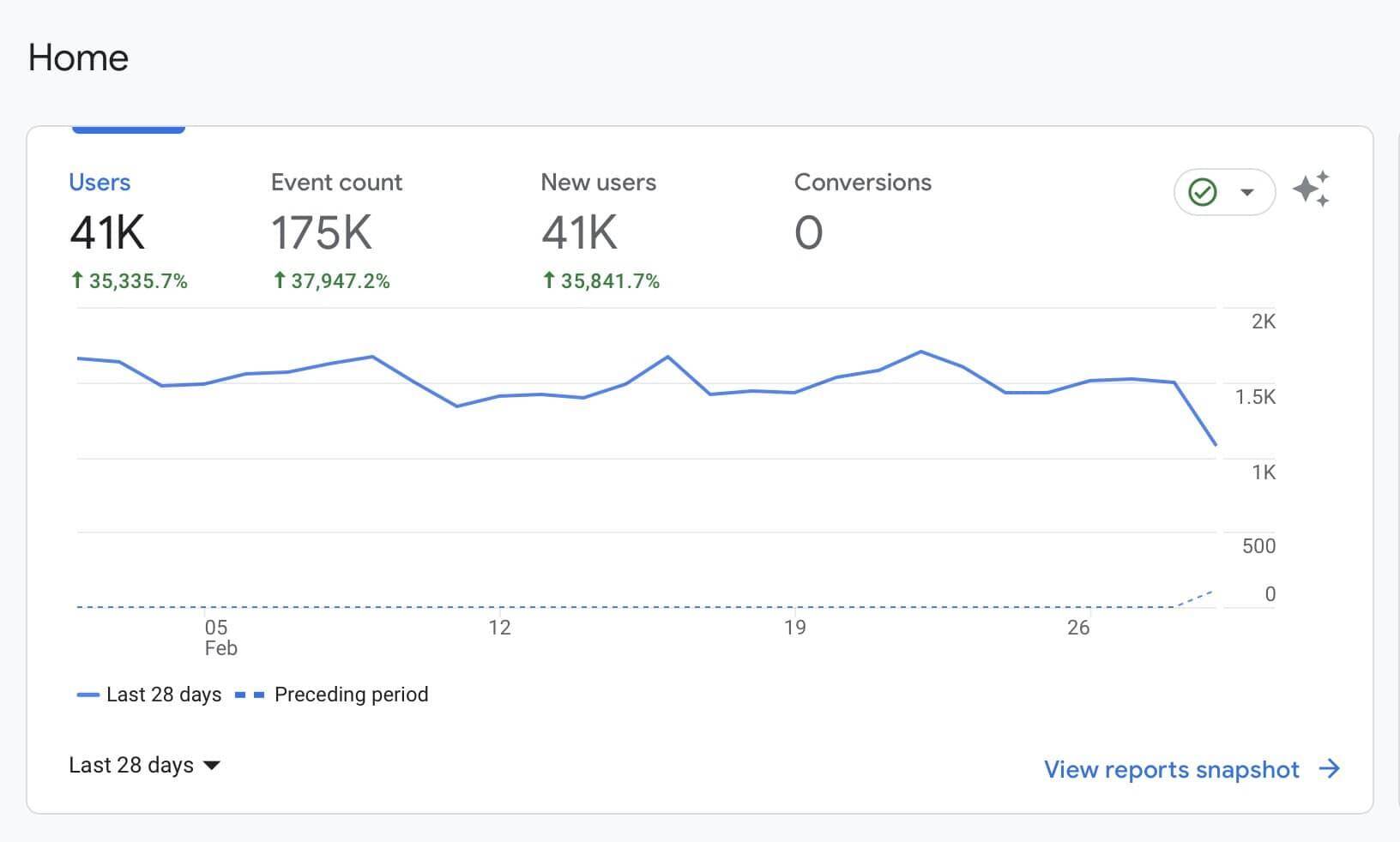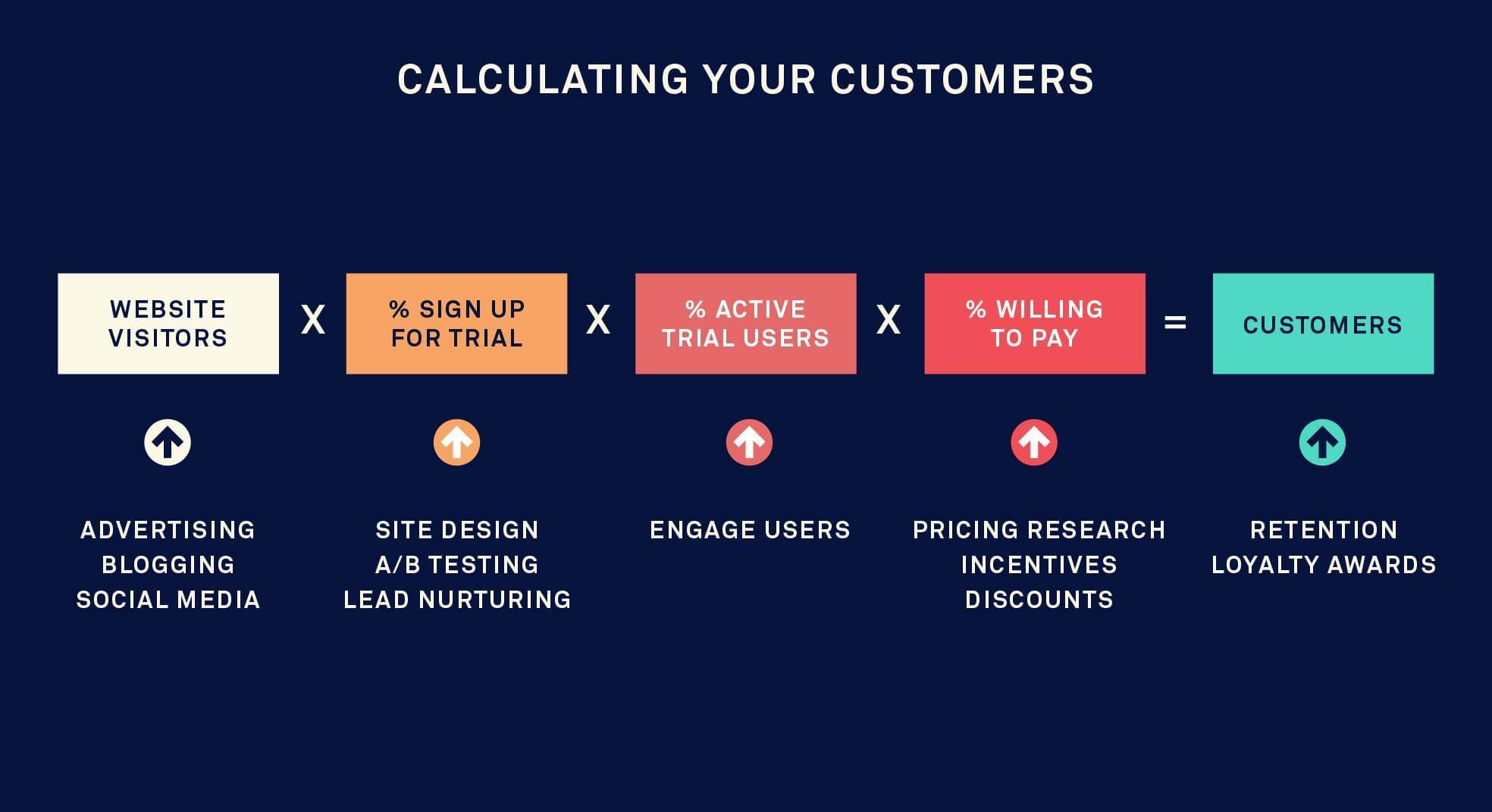In the digital age, were data reigns supreme, the term “unique visitors” frequently enough dances tantalizingly in the metrics of web analytics, promising insights into the vast audience that flocks to our online domains. Yet, while the numbers can paint an alluring picture of reach and engagement, there lies a narrative that transcends mere figures—a rich tapestry woven from the behaviors, preferences, and motivations of those who visit. Understanding unique visitors is not just about counting heads; it’s about deciphering the stories behind each click and tapping into the underlying currents that drive user interaction. In this article, we delve deeper into the concept of unique visitors, exploring what these numbers truly represent and how thay can inform strategies for better engagement, meaningful connections, and ultimately, a more rewarding digital experience. Join us as we look beyond the surface to uncover the essence of what makes each visitor unique and the impact they have on the online ecosystem.
Table of Contents
- Exploring the Definition and Importance of unique Visitors
- unpacking the Benefits of Analyzing Visitor Behavior
- Strategies for Enhancing User Engagement and retention
- Transforming Data into Actionable Insights for Growth
- Q&A
- Wrapping Up

Exploring the Definition and Importance of Unique visitors
In the realm of digital analytics, the term “unique visitors” serves as a cornerstone metric that provides insights into the reach and engagement of a website. This statistic refers to the number of distinct individuals who visit a site during a specified time frame, nonetheless of how often they return. Unlike page views, which aggregate all entries to a website including multiple visits by the same user, unique visitors focus on the uniqueness of the audience. This metric is crucial for understanding audience behavior and helps clarify the impact of marketing strategies on brand visibility. By analyzing unique visitors, businesses can evaluate their online performance and make informed decisions about content and user experience enhancements.
Understanding the meaning of unique visitors extends beyond mere numbers; it allows businesses and content creators to tailor their offerings and drive engagement effectively. The importance of unique visitors manifests in several ways:
- Audience Insights: Helps identify who your users are, enabling personalized marketing efforts.
- Content Effectiveness: Assists in measuring the appeal of content, guiding future topics and formats.
- ROI Measurement: Facilitates the evaluation of advertising campaigns by comparing clicks to actual unique visitors.
When tracked over time, unique visitor data fosters a deeper understanding of audience trends and preferences, leading to improved retention and loyalty strategies. properly leveraging this metric can transform how businesses perceive their online presence, allowing them to shift from a numbers-centric approach to a more audience-centric strategy.

Unpacking the Benefits of Analyzing Visitor Behavior
Analyzing visitor behavior transcends mere metrics; it unveils the intricate tapestry of user engagement on your platform. By delving into the actions users take, patterns emerge that can redefine your strategic approach. For instance, identifying which content keeps visitors glued to their screens allows you to tailor future offerings that resonate more. These insights pave the way for a better understanding of your audience’s preferences,helping to craft a more personalized experience that can lead to higher retention rates.
Moreover, understanding visitor behavior offers opportunities for optimization that can boost conversion rates. By scrutinizing the navigation paths taken by users, it’s possible to pinpoint bottlenecks—those areas where potential customers may drop off. Additionally, heatmaps and session recordings provide visuals that help in identifying the most engaging (or disengaging) elements on your site. Incorporating these findings can lead to more agile strategies, responding dynamically to user needs. Here’s a quick look at factors influencing visitor behavior:
| Factor | Impact on Behavior |
|---|---|
| Content Relevance | Increased engagement and time on site |
| Loading Speed | Reduces bounce rates |
| visual Hierarchy | Guides user navigation effectively |
| Call to Action (CTA) | Influences conversion rates considerably |

Strategies for enhancing User Engagement and Retention
to elevate user engagement and bolster retention, it’s essential to create an immersive experience that resonates with your audience. One effective strategy is to employ personalized content recommendations that are tailored to individual user preferences. By analyzing user behavior, you can deliver content that speaks directly to their interests, enhancing their time spent on your site. Consider implementing the following tactics:
- Segmentation: Group users based on their activity to tailor dialog effectively.
- Dynamic Content: Use customizable elements on your website that adjust based on user profile or interaction history.
- Feedback Mechanisms: Encourage user input through surveys or polls to better understand their needs and expectations.
Additionally, fostering a community around your brand can significantly enhance user loyalty.Create forums or social channels where users can interact with each other and with your brand, generating a sense of belonging. Also, consider gamifying your platform, offering rewards for certain actions that users can accumulate over time. Here’s a simple outline of potential community-building initiatives:
| Initiative Type | Description |
|---|---|
| Q&A Sessions | Host live sessions with experts to answer community questions. |
| Challenges & Contests | Encourage participation through fun and engaging contests. |
| Member Spotlights | Feature active community members to foster recognition and engagement. |

Transforming Data into Actionable Insights for Growth
In the digital landscape,simply collecting data isn’t enough; it’s about interpreting that details to uncover patterns and opportunities that drive growth. understanding unique visitors goes beyond just counting numbers; it’s about recognizing the diverse behaviors, preferences, and motivations behind each individual who interacts with your content. By analyzing metrics such as time spent on site, pages per visit, and bounce rates, organizations can create a more nuanced understanding of user engagement. This holistic approach enables businesses to identify key segments of their audience, allowing for tailored strategies that resonate with different demographics.
To transform this information into actionable insights,it’s essential to focus on specific strategies that harness the potential of your unique visitor data:
- Personalized Marketing: Craft messaging and offers that cater to the interests and behaviors of different visitor segments.
- Content Optimization: identify which types of content attract your unique visitors and adjust your content strategy accordingly.
- user Journey Mapping: Understand the pathways that lead to conversions and enhance those journeys for future visitors.
By employing these strategies, organizations can enhance their customer experience, optimize their resources, and ultimately drive enduring growth. As data becomes increasingly abundant, the focus should shift from mere accumulation to thoughtful analysis and application that fuels decision-making processes.
Q&A
Q&A: Understanding Unique Visitors: Beyond the Numbers Game
Q1: What exactly are unique visitors and why are they crucial? A1: Unique visitors represent individual users who visit a website over a specified period, typically a month. Unlike total visits, which can count the same person multiple times, unique visitors focus on counting each individual only once. This metric is crucial for understanding audience size and reach, helping businesses assess the effectiveness of marketing strategies and content engagement.
Q2: how do unique visitors differ from other web metrics? A2: Unique visitors differ from metrics like page views or total visits as they strip away repetitive counts of the same user. While page views might tell you how much content was consumed, unique visitors highlight the diversity of your audience. Think of it as understanding not just the popularity of your content but also the breadth of your audience engagement.
Q3: Can you elaborate on why focusing solely on unique visitors can be misleading? A3: Definitely! While unique visitors provide insight into audience size, relying solely on this metric can mislead organizations into overlooking deeper engagement levels. A site might attract many unique visitors but fail to captivate them if the average session duration is short, or if users bounce quickly. Thus, a holistic view—including metrics like page views, session duration, and conversion rates—paints a more complete picture of user engagement.
Q4: What strategies can businesses employ to increase unique visitors? A4: To boost unique visitors, businesses can utilize various strategies, including optimizing SEO for broader visibility, utilizing social media platforms to share content widely, and creating compelling content that resonates with diverse audiences. Collaborations with influencers or other websites can also introduce your brand to new potential visitors, expanding your reach beyond current followers.
Q5: How can businesses ensure they’re capturing accurate unique visitor data? A5: Capturing accurate unique visitor data involves implementing robust analytics tools and ensuring proper tracking mechanisms are in place. Using cookies or user authentication systems can definitely help differentiate between first-time and returning visitors. Additionally, audits of your analytics settings can ensure data collection aligns with your business goals, delivering a true reflection of unique visitor traffic.
Q6: Are there any privacy considerations regarding unique visitor tracking? A6: yes, privacy considerations are paramount when tracking unique visitors. With increasing regulations like GDPR and CCPA, it’s crucial for businesses to be transparent about data collection practices. Visitors should be informed about how their data will be used, and organizations must secure consent where necessary. Striking a balance between gaining insights and respecting user privacy is essential in today’s digital landscape.
Q7: What’s the takeaway for businesses regarding unique visitors? A7: The key takeaway for businesses is to treat unique visitor metrics as part of a broader narrative regarding website performance. They should remain vigilant about understanding their audience’s behavior, utilizing a combination of analytics tools to gather insights, and continually refining strategies to enhance engagement.It’s not just about the numbers; it’s about the stories they tell and the connections they create.
Wrapping Up
As we conclude our exploration of unique visitors, it’s clear that the metrics we often take at face value are just the tip of the iceberg. While numbers can provide a glimpse into the digital landscape, they hardly tell the full story of engagement, intent, and connection. Understanding unique visitors invites us to look beyond mere statistics and delve into the narratives of the individuals behind the clicks. This deeper awareness can empower businesses, marketers, and content creators to foster more meaningful interactions and ultimately cultivate a loyal community. In a world where analytics reign supreme, it is essential to remember that every number represents a person with distinct preferences and experiences. By appreciating the context surrounding unique visitors, we can transform our approach to digital strategy, ensuring it resonates on a human level. so, as you navigate the sea of data, keep in mind that the richness of the visitor experience is as vital as the metrics themselves. After all, the true value lies not just in who visits, but in how we connect with them.





